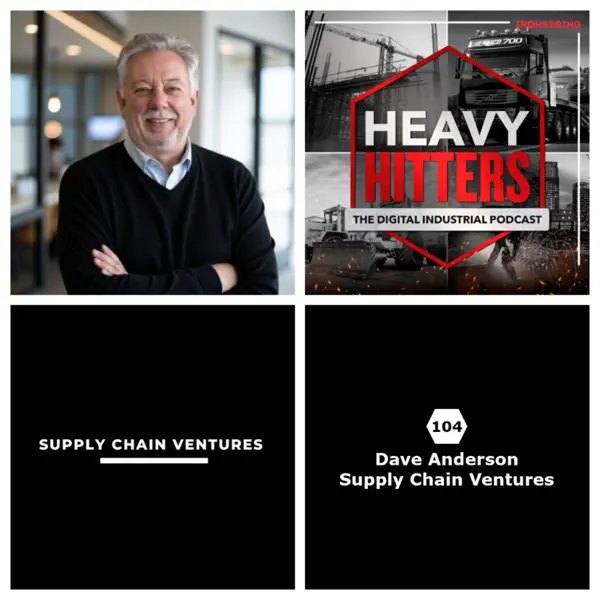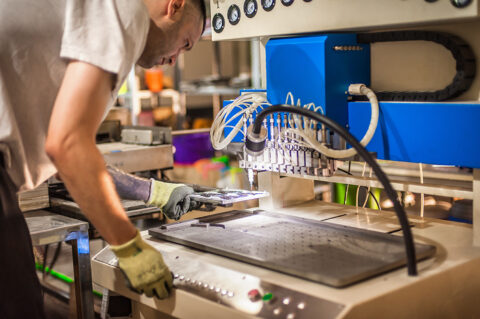When Dave Anderson launched Supply Chain Ventures in 2001, the term “supply chain” was still an emerging concept. Fast forward two decades and his firm has become one of the most respected names in the industry, with a track record that includes early investments in Kiva Robotics (acquired by Amazon), LeanSoft (acquired by Coupa), and Transporion (acquired by Trimble).
On the latest episode of the Heavy Hitters podcast, Anderson sat down with host Ty Finley to reflect on his journey from Accenture’s $2 billion supply chain practice to the forefront of supply chain investing. He also shared some hard-earned wisdom on what it takes to succeed as both an investor and entrepreneur in this dynamic space.
According to Anderson, the supply chain sector has gone through several major waves of innovation over the course of his career. From the transportation deregulation of the 1970s to the rise of e-commerce in the early 2000s, each era has brought new opportunities and challenges.
COVID has created a lot of interest in supply chains. People realized that they would starve in about three days without them. And we had a lot of new investments in supply chain resilience and sourcing.
Now, Anderson sees artificial intelligence as the next frontier in supply chain innovation. But he cautioned that many of the “AI-enabled” pitches he sees from startups lack substance.
“The first and foremost, as we all know, it’s a technology, not a solution,” he said. “And every startup I see today, it’s AI enabled. And most of that is just BS, because when I ask how this makes a supply chain better, I get a lot of technology thrown back at me, and not really real solutions.”
For Anderson, the key to successful AI adoption in the supply chain lies in integrating the technology into core processes like forecasting and planning. He believes there’s a huge opportunity to revolutionize the legacy systems that still underpin much of the industry – but we’re not quite there yet from an investing standpoint.
Beyond the hype around specific technologies, Anderson emphasized the importance of focusing on fundamentals as a supply chain entrepreneur. That means building a desirable, profitable company – not just chasing growth at all costs.
It also means thinking strategically about exit opportunities from day one. Anderson advises founders to develop relationships with bankers and potential acquirers early and to prioritize cultural fit when considering M&A deals.
For new entrants to the supply chain startup world, Anderson’s parting advice was to think big. Rather than developing narrow point solutions, he wants to see more entrepreneurs tackling the industry’s most complex and entrenched challenges.
“We know we need to share in this business,” he said of the collaborative spirit that defines the tight-knit supply chain investing community. With the wisdom of veterans like Dave Anderson to guide them, the next generation of founders is well-positioned to drive the industry forward.
To hear the full conversation with Dave Anderson, check out the latest episode of the Heavy Hitters podcast. And for more insights on supply chain innovation, be sure to subscribe wherever you get your podcasts.




